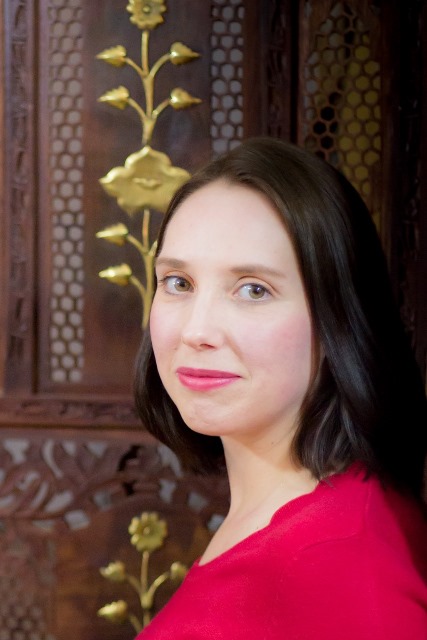This post was contributed by Melanie Jones of The Mechanics’ Institute Review. This month the Birkbeck Creative Writing department launched its new website The Mechanics’ Institute Review Online. This year marks a huge success for the Creative Writing MA as ten alumni have novels coming out this year.
To celebrate these achievements we are profiling a selection of the authors and extracts from their upcoming novels will appear on MIROnline. Here, Melanie Jones speaks with alumnus David Savill, about his novel, They Are Trying to Break Your Heart (Bloomsbury, April 2016)
Read an extract of the book at MIROnline
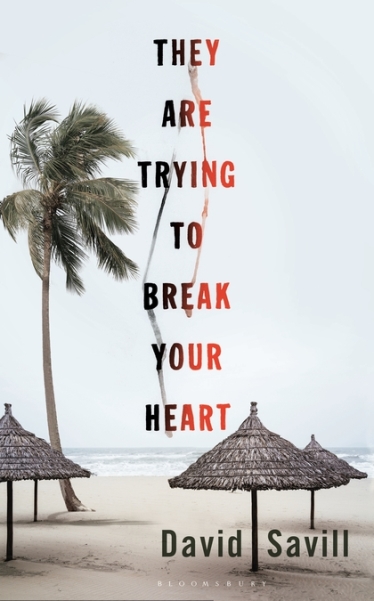
They Are Trying to Break Your Heart
MJ: They Are Trying To Break Your Heart comes out this month, congratulations! Can you tell us a little bit about the novel?
DS: I’ve been telling people it’s about the connections between the Bosnian conflict of the 1990’s, and the 2004 Boxing Day tsunami – of which there were none until I made them up. It sounds bleak, but the story is focused around people putting each other back together again after catastrophe. In writing the novel I was interested in the tangential connections between people, and the power of the slightest encounters. But there’s a compelling mystery in there too – the story of a human rights researcher who discovers a war criminal believed dead may be alive and living a second life in Thailand. If you want a straight thriller or war story, you’ll probably be disappointed – I hope what the reader gets instead is a really novel drama about displacement, loss and love.
The novel tackles the political landscape of the early 21st What was it about this time period that inspired you to write?
In one sense, I’ve done what so many debut novelists do, and drawn upon formative experiences. I was 19 when I spent two summers volunteering in Bosnia, and the lessons the war taught me needed to be worked through. But as the writing moved from therapy to story, and as I began to inhabit a Bosnian protagonist, I began to realise a whole generation was growing up with no knowledge of the conflict, or what it meant for the politics of human rights and interventionism in Europe, (let alone the basic history!) This became a purpose for the book. I’m also really interested in the challenge of writing about very recent history, where the historical narrative isn’t settled, and a novel has a chance to work something out about how we came to be where we are.
There are very different voices in the novel. How did you approach this and did you enjoy writing any character more than the others?
Stepping into the head of a Bosnian protagonist was a big moment in my development as a writer. Until then, I’d been far too compelled by autobiography. I began to test this voice out in Birkbeck workshops, and the reactions gave me confidence. I work on the principle that all humans across all cultures, whatever gender, share the same basic drives and ambitions, and face the same struggles in life. There are differences, of course, but the more time I spend inhabiting different protagonists, the less important those differences seem to be. I liked writing Anya the most. Although the drama joins her in a moment of uncharacteristic doubt, she’s the kind of committed, focused and ambitious woman who fascinates me. One of the main springs of my inspiration is people I admire.
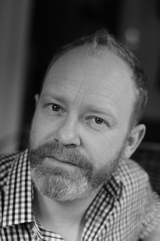
David Savill
You left a career in journalism to become a writer and teacher, can you tell us what made you decide to switch to writing fiction?
I was working in Sri Lanka on the tsunami aftermath when I came very close to a fatal car accident. A bus in front of us hit a truck head-on. The bus driver died, and one of the passengers was thrown into the backseat of our car so that we could take her to hospital. It’s terrible to say, but with the shock I had a feeling of elation. I’d spent so much time around the grieving, and seen a lot of death in those months. On top of the natural disaster, this random accident seemed absurd, and for a moment, it helped me shed the fear of death. And in that moment I thought, ‘so I could die tomorrow, what really makes me happy?’ The act of writing, actually sitting down and doing it, was all I could think of. I loved a lot about journalism and documentary film-making, but it didn’t allow me to tell the kind of stories I felt improved life on the deepest level – the stories found in literature. It’s about form of course, and what it’s fit for. I needed to be working in a different form. Another answer is, I wasn’t the world’s best journalist.
How did completing a Creative Writing MA at Birkbeck affect your writing process?
In many ways. But the key thing it gave me was the belief I had a story to tell. Not that I was a writer – I knew I was a writer, because I think writing is a personality type. The tragedy is some people never discover the thing they’re best at doing. But before Birkbeck, I wasn’t sure I had anything interesting enough to relate to people. Being good with prose is a job – a matter of hard, stubborn work for me. But what if you have nothing to say? Julia Bell uses this word ‘territory’, and I began to see I had a territory to explore, and I needed to mine it for something of value to the reader.
Do you have any advice for new writers, perhaps those just starting a creative writing course?
Listen. Be receptive. Throw your ego out of the window and experiment with new things. Don’t expect your drafts to be complete, or for people to like them. Why should they? You can only hope your cohort and tutors spot the potential and help you develop it. Authors are asking readers to invest the most precious thing they have — time, and a creative writing course is probably the only place people will give it freely, even when your writing doesn’t deserve it. Be persistent, practice a lot, and your prose will improve. Then you need to focus on what it is you have to say that is worth a few hours and £16.99 of someone’s hard earned money. I’m convinced we all have something worth writing about, but finding it is hard. Dig deep. After doing the hard work, whether you publish or not is pretty much down to luck. I’m enormously grateful I had a little.
Can you tell us about your current writing? What’s next?
I am so happy not to be writing They Are Trying To Break Your Heart! My next book is provisionally titled, Disinformation: Finding Grace Bailey-Payne. It’s the biography of a brilliant, but little known journalist who disappeared in Georgia in 1999. I hope it’s also about how Russia became the place it is today, and the power games played between Europe and Russia in the beautiful Caucasus mountains.
Find out more
- The Mechanics’ Institute Review Online
- Creative Writing at Birkbeck
- Read an extract of David Savill’s debut novel
David Savill worked as a freelance journalist in the Caucasus and then with BBC Current Affairs television before founding the St Mary’s University MA in Creative Writing. They Are Trying to Break Your Heart is his first novel. It was published by Bloomsbury in April, 2016.

Melanie Jones
Melanie Jones graduated from the Birkbeck Creative Writing MA in 2015. She is the Managing Editor of MIROnline and a member of the MIRLive Team. She was a member of the editorial team for The Mechanics’ Institute Review, Issue 12.

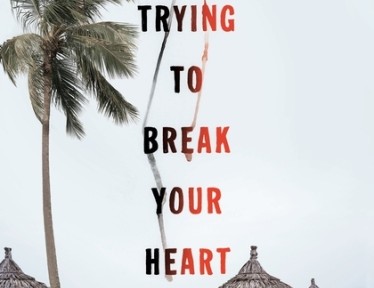
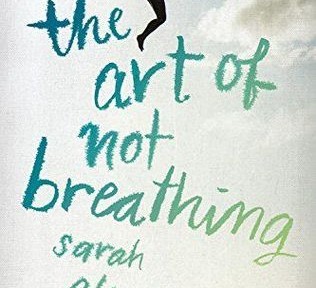
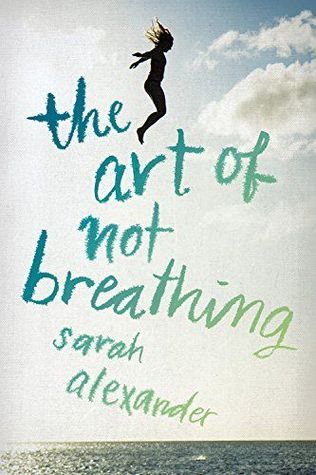 MJ: First of all I want to say congratulations on the upcoming release of The Art of Not Breathing. Can you tell us a little bit about where the idea for this story first came from?
MJ: First of all I want to say congratulations on the upcoming release of The Art of Not Breathing. Can you tell us a little bit about where the idea for this story first came from?